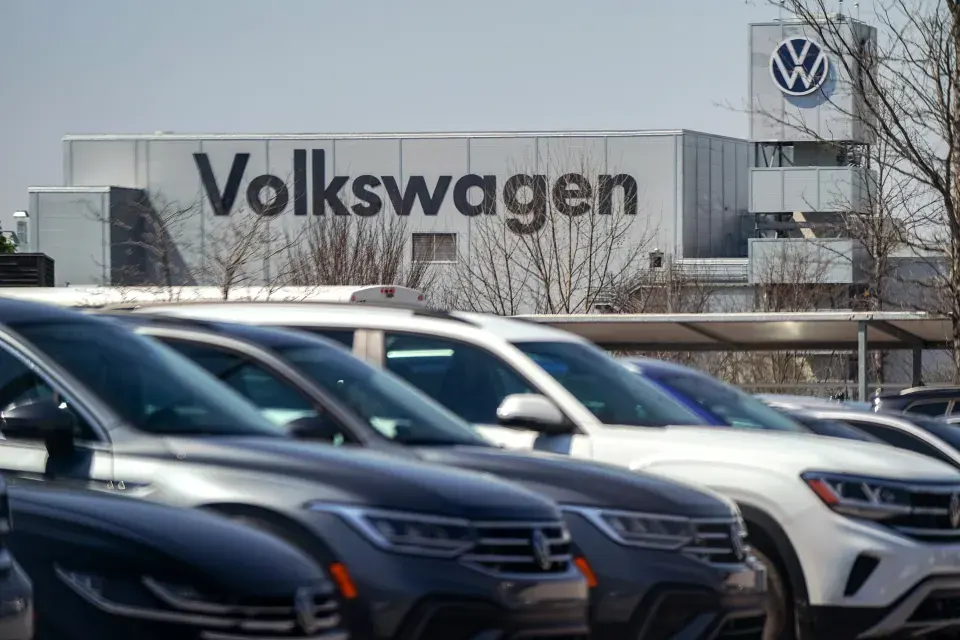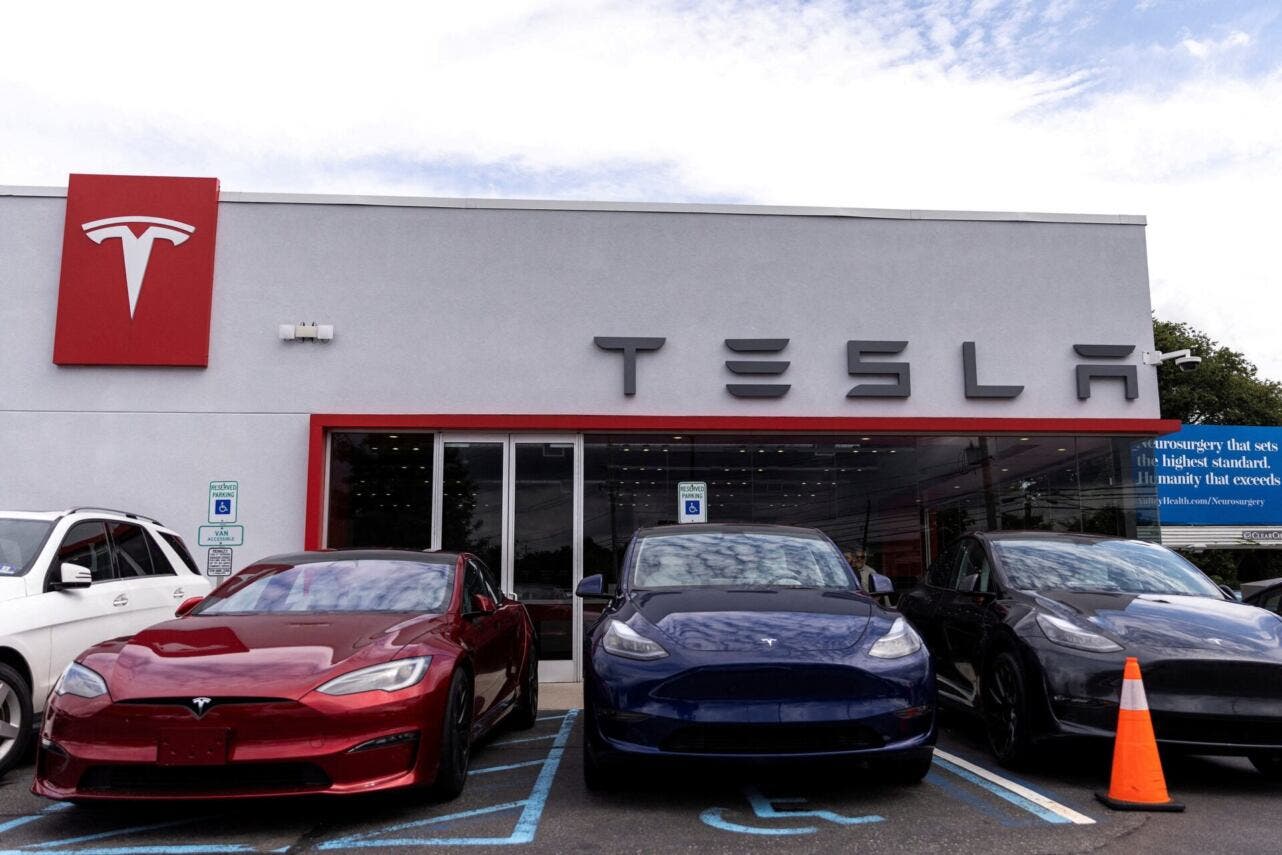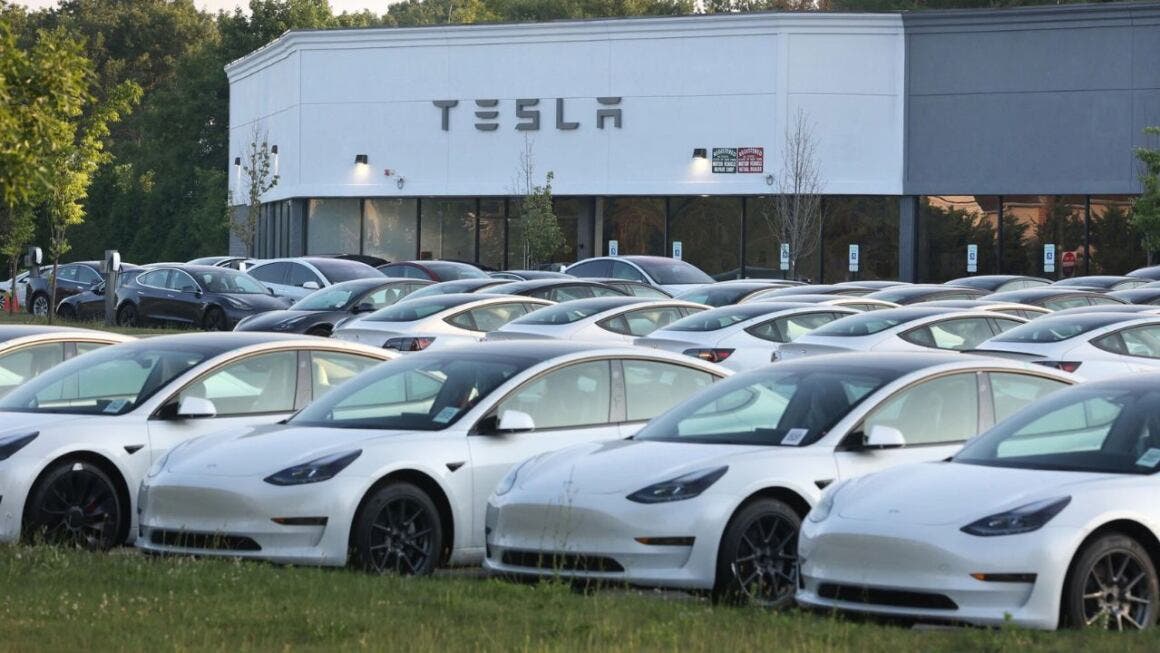The United States and the European Union are on the brink of sealing a sweeping trade agreement aimed at slashing tariffs on essential goods, streamlining cross-border manufacturing, and promoting digital commerce. While the financial markets initially responded with optimism to the anticipated reduction in costs and broader export opportunities, Tesla shares dipped nearly 3% in early trading, signaling investor anxiety over increased competitive threats.
The proposed deal would eliminate key import duties on electric vehicles and battery components, opening the door for European automakers like Volkswagen, BMW, and Renault to expand their reach into the US consumer market. These automakers already benefit from regulatory and financial support via the EU’s climate-forward policies.

Industry analysts warn that this trade framework could significantly shift the balance of power in the global EV landscape. Companies that once relied on protective tariffs to sustain their market position may now face a new wave of international competition. With trade barriers dissolving, established European manufacturers with high production capacity and aggressive investment in EV platforms could gain meaningful market share in North America.
European carmakers, bolstered by years of strategic investment in clean mobility and backed by harmonized EU policies, have developed highly competitive electric models. Previously hindered by steep import taxes, these products may soon become more price-accessible to American consumers. At this point, Tesla’s stock decline reflects investor concern that the company’s dominance could be challenged.

For years, Tesla thrived under minimal competition and trade protections that may no longer apply. Without the cushion of import barriers, the company might have to rethink its US-centric production model and luxury-market positioning. Sources suggest Tesla’s leadership is quietly exploring options, including ramping up international expansion or reconfiguring its manufacturing footprint, to adapt to the evolving market dynamics.
If European EVs enter the US at lower price points with comparable tech, Tesla’s premium brand perception could be at risk. The broader EV sector is headed for a major shakeup. Consumers could see more choices and competitive pricing, while manufacturers face pressure to innovate and cut costs. Companies that fail to adjust may quickly fall behind.
